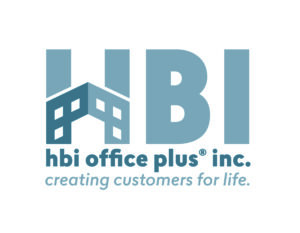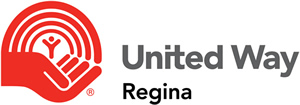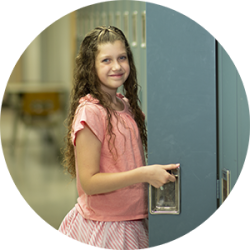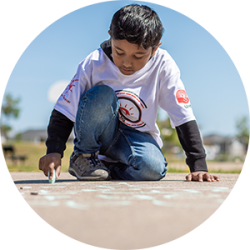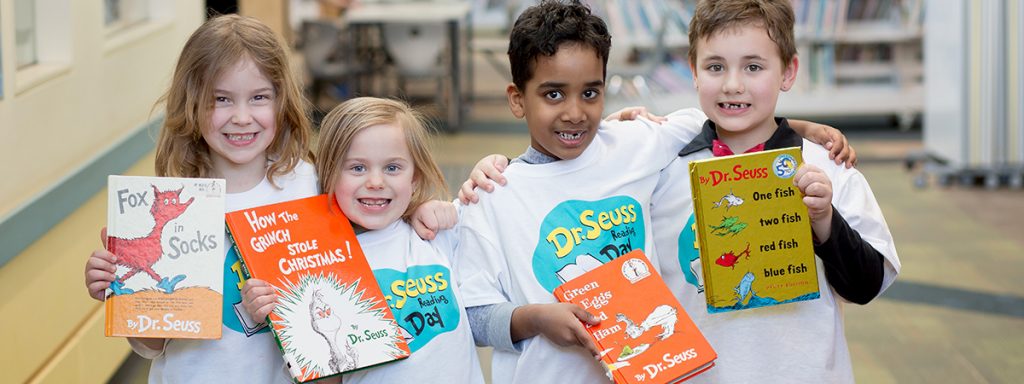
Imagine
You are five years old, and just entering into kindergarten! It’s all so new and exciting. There are numbers and letters, but all of the other children already seem to know them. HOW?
Now you are six, and you are trying to read, but it’s difficult. You don’t have many books at home to practice with, and no one to help you. Your teacher is trying her best, but there are so many students in your class.
Years go by, school gets harder. You need to read all the time now, no matter the subject…math, science, health. It all requires reading. You are lost and truly frustrated. How are you going to get through school and to graduation when you don’t have the tools you need to get you there? Do you think this story is rare?

Our Commitment: Imagine a city where every child has a strong start.
We all know prevention beats intervention. In preventing poverty, violence and crime, one factor is all-powerful: Education. One factor predicts school success better than all others: Grade 3 reading. If you’re not reading by Grade 3, you are four times more likely to miss graduating on time, making it harder to move on to post-secondary and a job that will support a family. Why?
Kids have four short years to become proficient readers. Teachers do the best they can to teach reading by Grade 3, but classes are big and resources limited. Then in Grade 4, the curriculum switches from learning to read to reading to learn. If you’re not reading by the switch, the challenges snowball. By fifth grade you’re a year behind. By ninth, you’re two years behind and unlikely to graduate from high school.
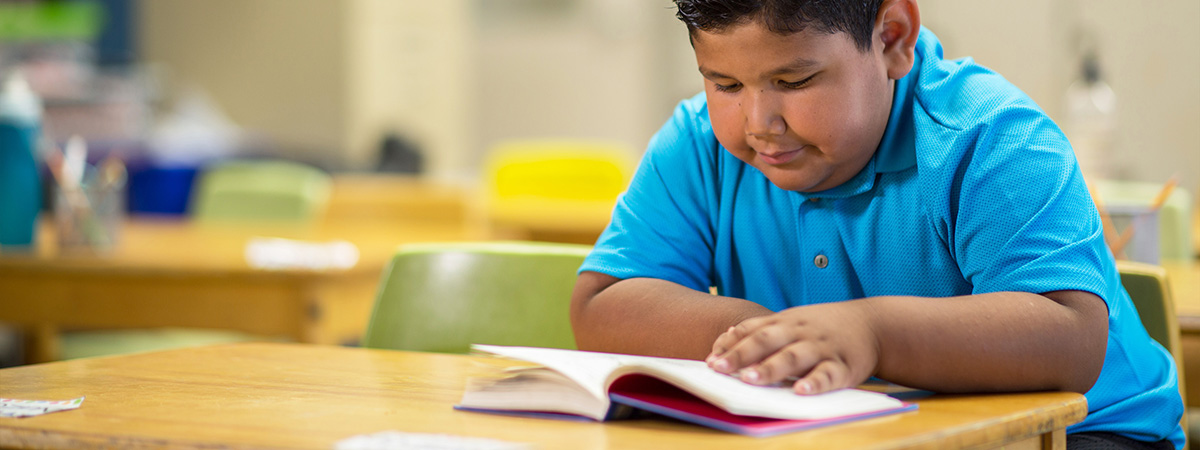
We believe every young person should have access to the tools and resources they require in order to embark on their journey of school success, regardless of financial barriers.

How Will We Get There?
United Way Regina is committed to improving early childhood literacy and helping every child build a strong foundation for learning. We bring together schools, families, and community partners across the region to create supportive learning environments, provide access to books and resources, and offer programs that inspire children to read and learn. By working together, we can ensure that more children enter school ready to succeed and develop the skills they need to thrive in school and in life.
We are extremely grateful for our sponsors whose support makes this work possible.
Thank you to HBI for their ongoing, multiyear support.
